Renewables developer SunCable announced it has reached a “landmark” 70-year agreement with traditional owners, allowing it to build a 12,000-hectare solar farm on Powell Creek Station in the Northern Territory’s Barkly region.
SunCable’s flagship Australia-Asia PowerLink (AAPowerLink) project is aiming to deliver up to 6 GW of dispatchable renewable electricity to large-scale industrial customers in its first major phases, linking the solar precinct to Darwin and, ultimately, Singapore via a 4,300-kilometre subsea transmission cable through Indonesian waters.
The company is targeting a final investment decision in 2027 and hopes to be generating solar energy in the Barkly region by the latter part of this decade, in Darwin from the early 2030s, and into Southeast Asia from the mid-2030s.
SunCable Chief Executive Officer Ryan Willemsen-Bell said the signing of the Indigenous Land Use Agreement (ILUA) with the Janigirulu, Bamayu and the Walanypirri traditional owners, the Northern Land Council, and the Northern Territory government is a significant step forward in the development of the “transformative” project.
“SunCable is developing one of the largest renewable energy projects in the region, designed to harness the Northern Territory’s world-class solar resource to deliver reliable, cost-effective renewable electricity to industrial customers in the Northern Territory and Southeast Asia,” he said.
Willemsen-Bell said AAPowerLink would provide northern Australia with a unique advantage to attract investment in energy-intensive sectors such as artificial intelligence and hyperscale data centres, green fuels manufacturing, sustainable aviation fuels, and critical minerals processing.
SunCable said the land use agreement is the culmination of three years of negotiations and more than 70 meetings with the more than 200 traditional owners who hold native title over the earmarked land.
The developer noted that the ILUA will deliver major economic benefits through jobs, training pathways and local business opportunities in the Barkly region and the Territory in general.
“It formalises our shared commitment to ensure traditional owners are at the centre of this project and that its benefits are lasting and meaningful,” SunCable said.
The company has estimated that the project will deliver more than $20 billion in economic value to the Northern Territory during the construction period and first 35 years of operation.
Northern Land Council chairman Matthew Ryan said the deal, that includes “stringent” environmental protection and cultural heritage preservation agreements, is an example of how large-scale energy projects can be developed in partnership with Aboriginal communities who want to shape their economic future while continuing to live and work on country.
“This demonstrates that Aboriginal Territorians are leading the way by participating in genuine engagement with big business,” he said.
“This is about strengthening self-determination, building sustainable communities, and contributing to the long-term economic viability of the Northern Territory.”
The signing of the ILUA follows the recent announcement by SunCable that it is exploring the potential to build a second solar farm of a similar scale south of Powell Creek.
Documents lodged with the Northern Territory’s Environmental Protection Authority late last month show the company is also proposing to build a large-scale solar and battery energy storage precinct on Muckaty Station, the adjoining southern property.
Speaking on ABC at the time, Willemsen-Bell said if the plan was approved, the Muckaty farm would be a “further area of generation capacity that can support the SunCable project.”
“We’re in the early stages of investigating that site,” he said.
“What we have identified at the moment is approximately 50,000 hectares which we think is developable.
“We’re not suggesting that all of that will be developed for solar, but that’s the area of interest on the site we’re investigating at the moment.”
This content is protected by copyright and may not be reused. If you want to cooperate with us and would like to reuse some of our content, please contact: editors@pv-magazine.com.
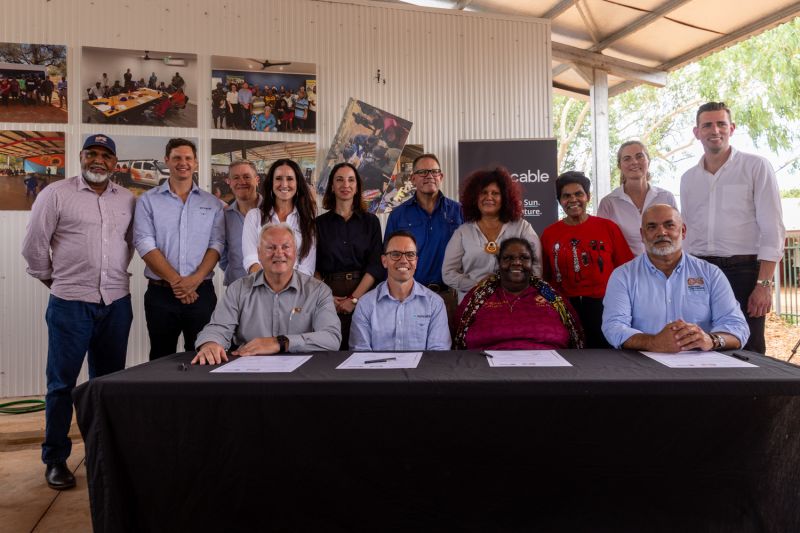
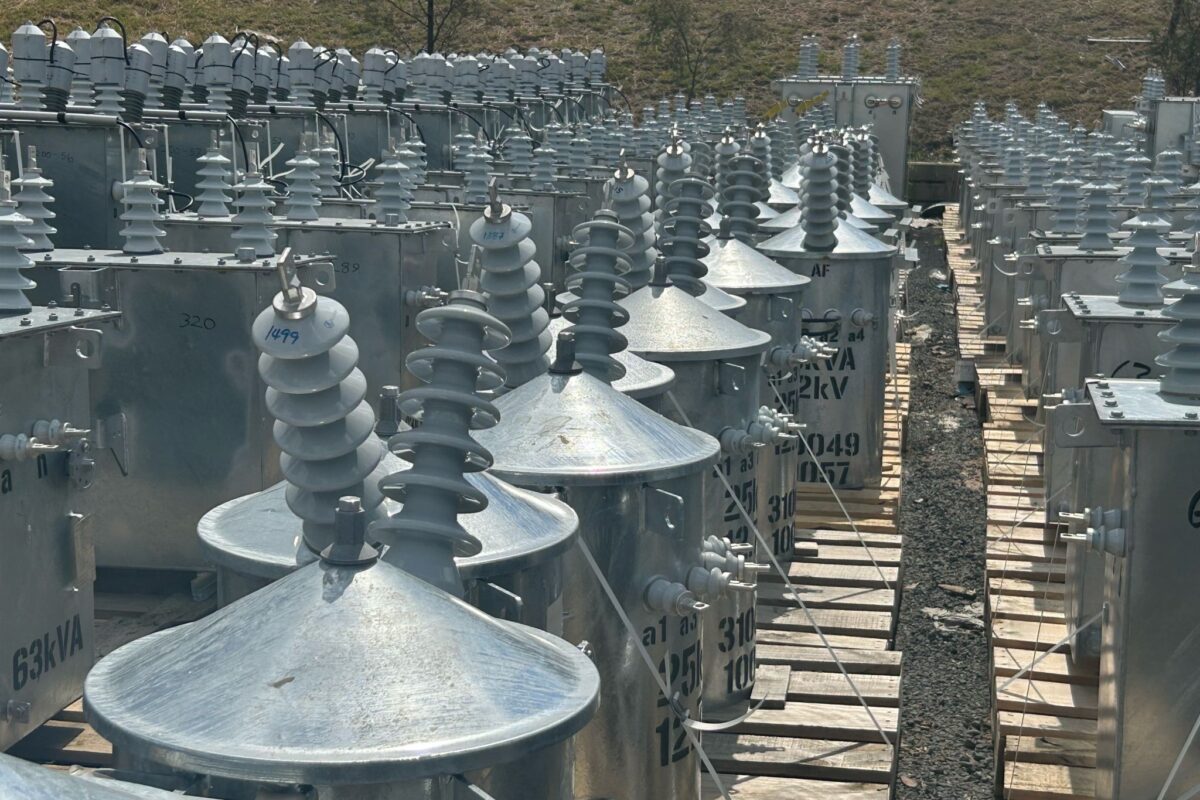



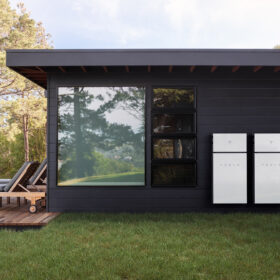
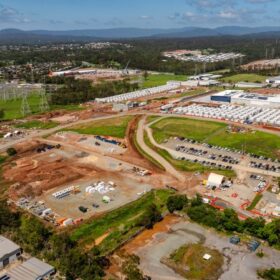
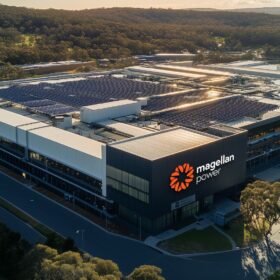
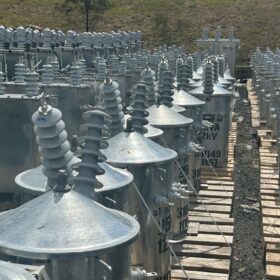
By submitting this form you agree to pv magazine using your data for the purposes of publishing your comment.
Your personal data will only be disclosed or otherwise transmitted to third parties for the purposes of spam filtering or if this is necessary for technical maintenance of the website. Any other transfer to third parties will not take place unless this is justified on the basis of applicable data protection regulations or if pv magazine is legally obliged to do so.
You may revoke this consent at any time with effect for the future, in which case your personal data will be deleted immediately. Otherwise, your data will be deleted if pv magazine has processed your request or the purpose of data storage is fulfilled.
Further information on data privacy can be found in our Data Protection Policy.